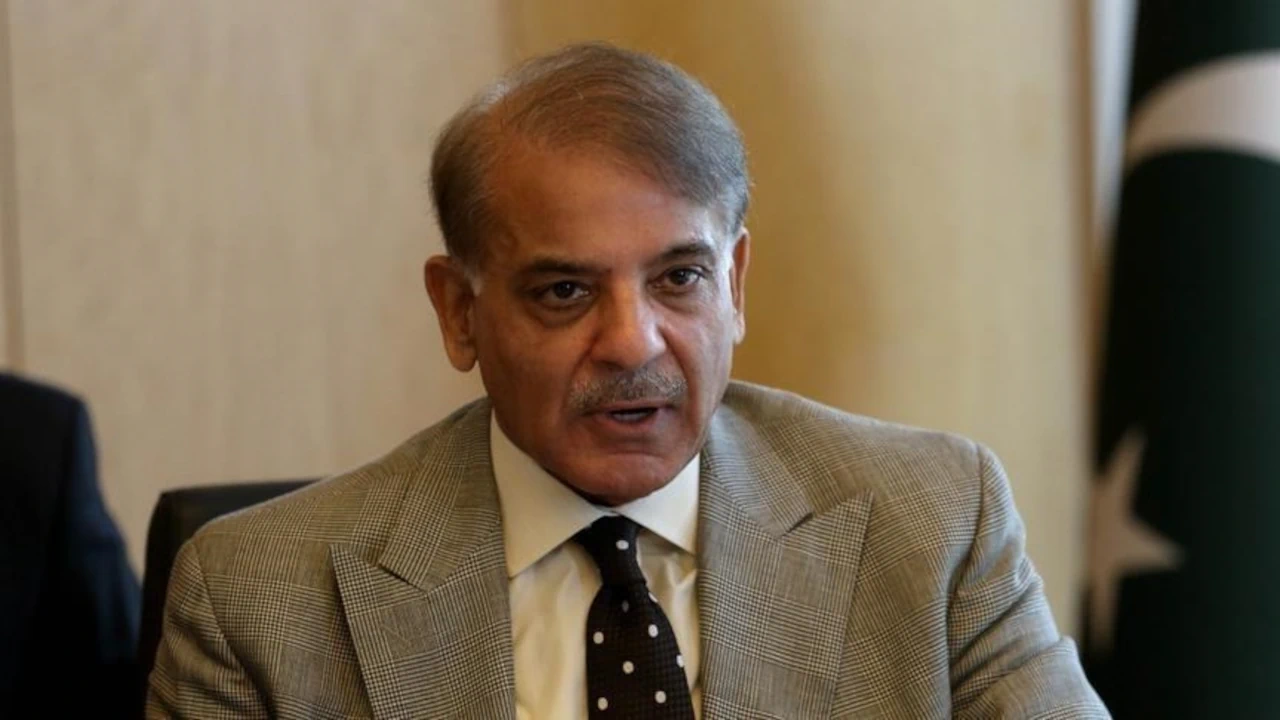Shehbaz Sharif was voted in as Pakistan’s Prime Minister for a second time on March 3, commanding a majority in the newly-elected Parliament. At 72 years old, Sharif represents the Pakistan Muslim League-Nawaz and the Pakistan Peoples Party, garnering 201 votes in the 336-member house. His mere challenger, Omar Ayub Khan of the former jailed Prime Minister Imran Khan’s party, received 92 votes.
In India, the political chessboard saw movements as BJP MP Harsh Vardhan chose to exit active politics after not securing the Chandni Chowk constituency ticket for the forthcoming Lok Sabha elections. Adding to the pre-election upheavals, Gujarat’s former Deputy CM Nitin Patel and Asansol’s BJP candidate Pawan Singh retracted their candidacies in light of internal and personal reasons.
The security situation in Chhattisgarh remained tense as an encounter between police and Naxalites in Kanker district resulted in fatalities on both sides. Moreover, allegations of a bribery case involving an NHAI general manager shook the corridors of Maharashtra’s Nagpur, further pointing to systemic vulnerabilities.
Karnataka’s government deliberates on various motives, including business rivalry, following a blast at a Bengaluru cafe, with elections and the city’s safety at the forefront of concerns. Meanwhile, Union Minister Ashwini Vaishnaw conveyed India’s ambitious plan to rise as a semiconductor hub. Conversely, Rahul Gandhi brought attention to the nation’s railways and policies he argued were primed for the affluent, critiquing PM Modi’s governance.
Jammu and Kashmir faced nature’s fury leading to the tragic death of a woman and her daughters following a house collapse due to heavy rains, while Pakistan condemned India’s seizure of ‘commercial goods’ aimed at China, amidst rising trade tensions.
The United Kingdom’s Finance Minister set expectations low for tax cuts in view of fiscal responsibility, even as the nation readies for the electoral arena. Across Africa, a grim report from Burkina Faso uncovered the execution of approximately 170 people in village attacks.
Sports found India ascending to the top of the World Test Championship standings, overtaking New Zealand and marking a significant achievement in the cricket domain.
Back in Pakistan, Shehbaz Sharif used his victory speech as Prime Minister to call for a resolution on Kashmir and Palestine’s freedom, while candidly addressing Pakistan’s economic hardships. His remarks spotlight the broader challenges within Pakistani society and the government’s stringent financial conditions, exacerbated by high inflation and inadequate foreign reserves despite an IMF loan.
Former Prime Minister Imran Khan, from his jail cell, called for an audit of elections entwined with the IMF’s financial dealings with Pakistan, questioning the legitimacy of the electoral process while highlighting the undercurrents of military and intelligence control over Pakistani politics.
